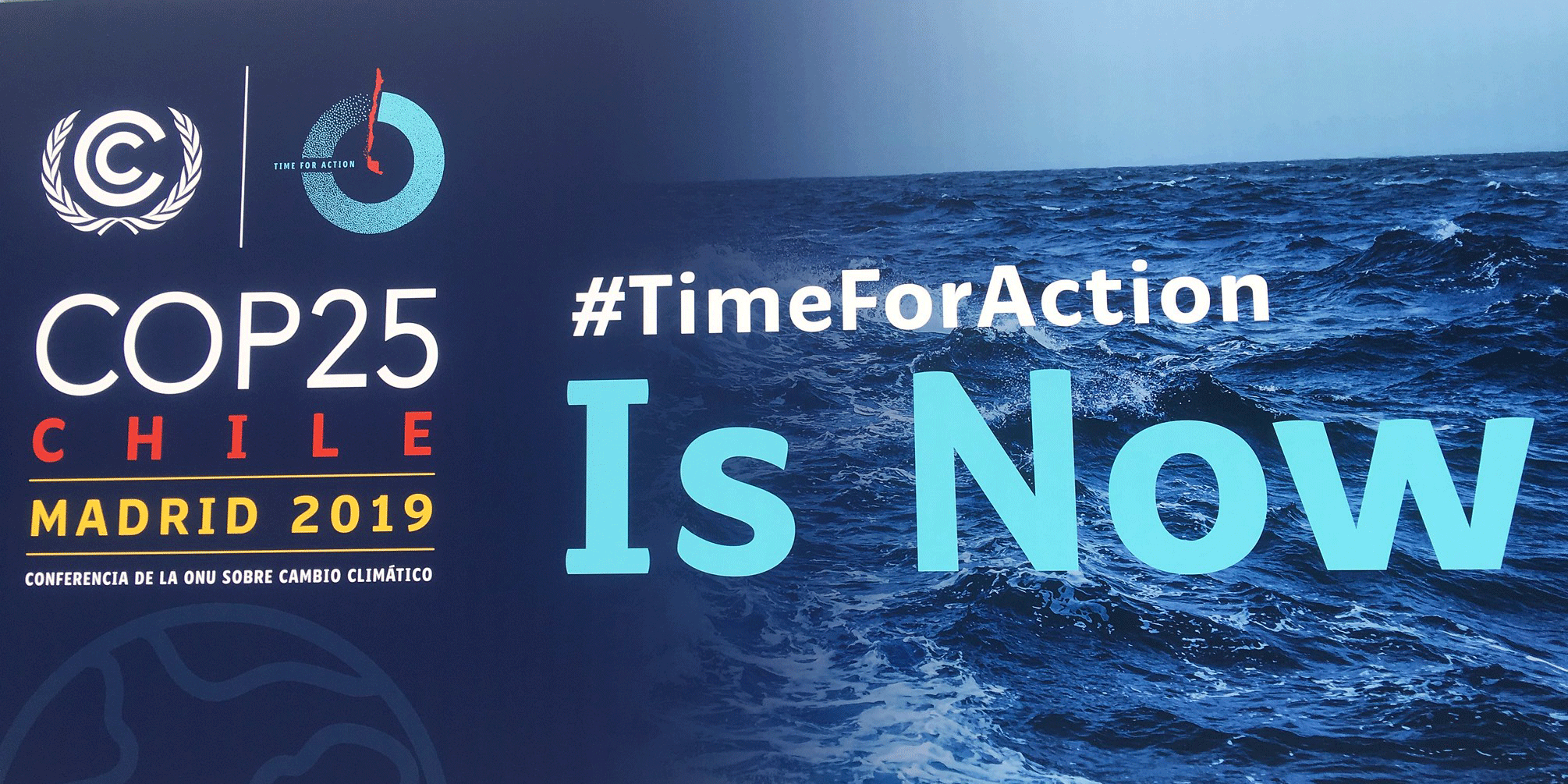
COP25 takes place at a crucial moment in the progress towards full operationalisation of the Paris Climate Change agreement. Before the new international climate region comes into force on 1 January 2020, a number of areas of the rulebook are still to be agreed, including mechanisms for creating an international carbon market. It’s also the last COP before countries have to submit new and updated national climate action plans in 2020.
Since its beginnings as the International Council for Science (ICSU) and International Social Science Council (ISSC), the ISC has played a pioneering role in the development of climate science, especially in convening international research collaboration to advance climate science, in some cases resulting in shifts in policy-making on the climate.
With the publication of the ISC Action Plan in 2019, the ISC has made supporting the development and implementation of the 2030 Agenda for Sustainable Development a key pillar of its work for the coming years. The projects outlined in the Plan – as well as our existing initiatives and programmes – aim to provide the knowledge needed to identify pathways to global sustainability in the context of climate change.
COP25 has been nicknamed the ‘blue’ COP on account of the focus on the Ocean. As we move closer to the launch of the UN Decade of Ocean Science for Sustainable Development (also simply known as the “Ocean Decade”), the ISC is publishing a number of blog entries on the topic of the ocean and ocean science, including updates from the COP. Keep an eye on our website for updates.
| Tues 3 Dec | Earth Information Day: An opportunity to meet with members of the systematic observation community to discuss the latest activities and share information on the state of the global climate system. |
| Wed 4 Dec | The Global Carbon Budget will release its annual update, with a press conference at 10:30, and a side event at 16:45 |
| Fri 6 Dec | Future Earth will hold a press conference at 12:00 to launch a publication highlighting 10 new insights on climate science discovered in 2019. |
Photo: John Englart via Flickr.